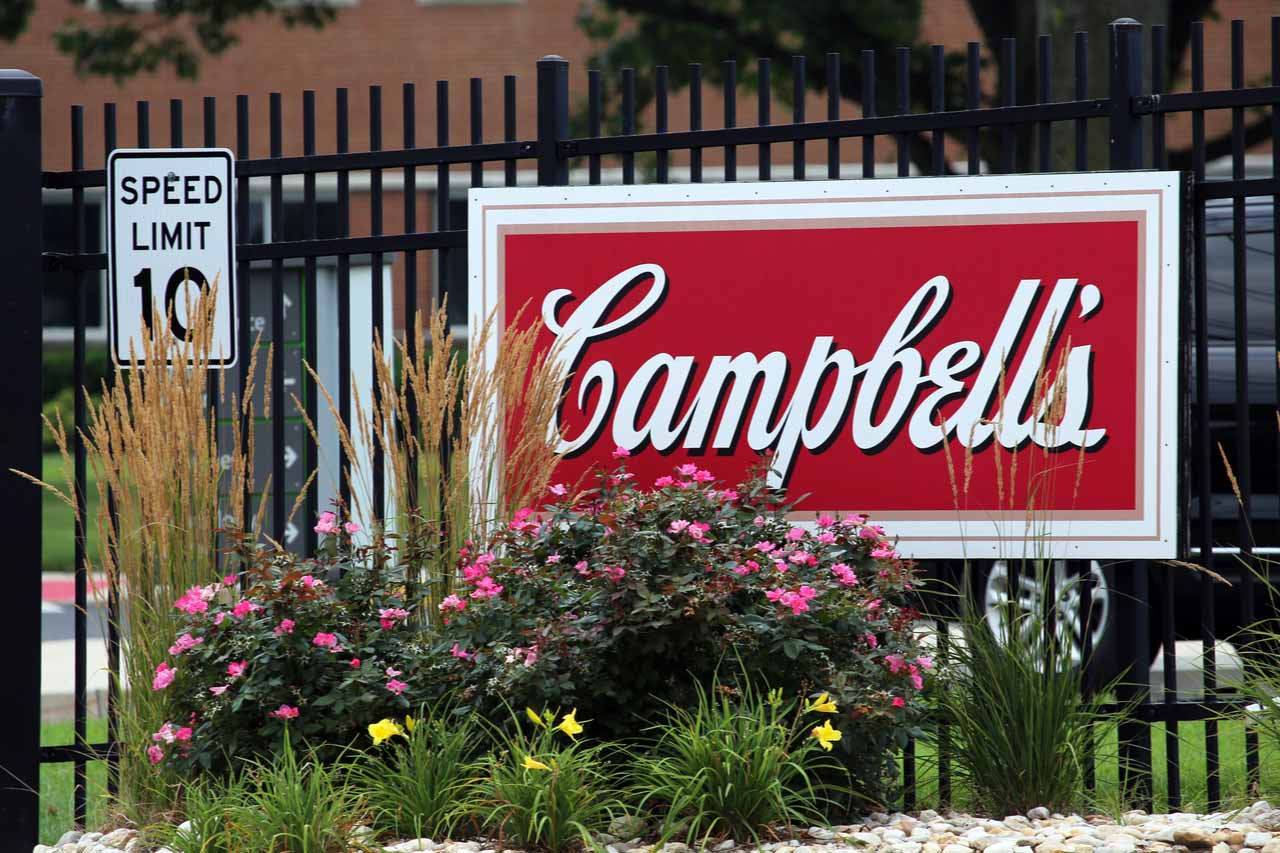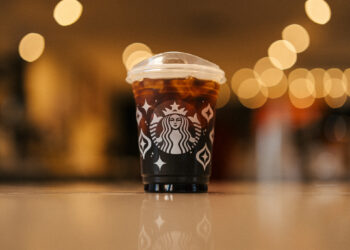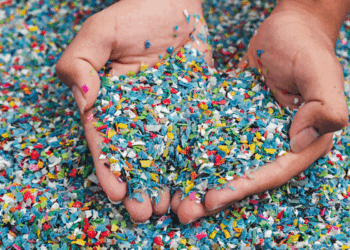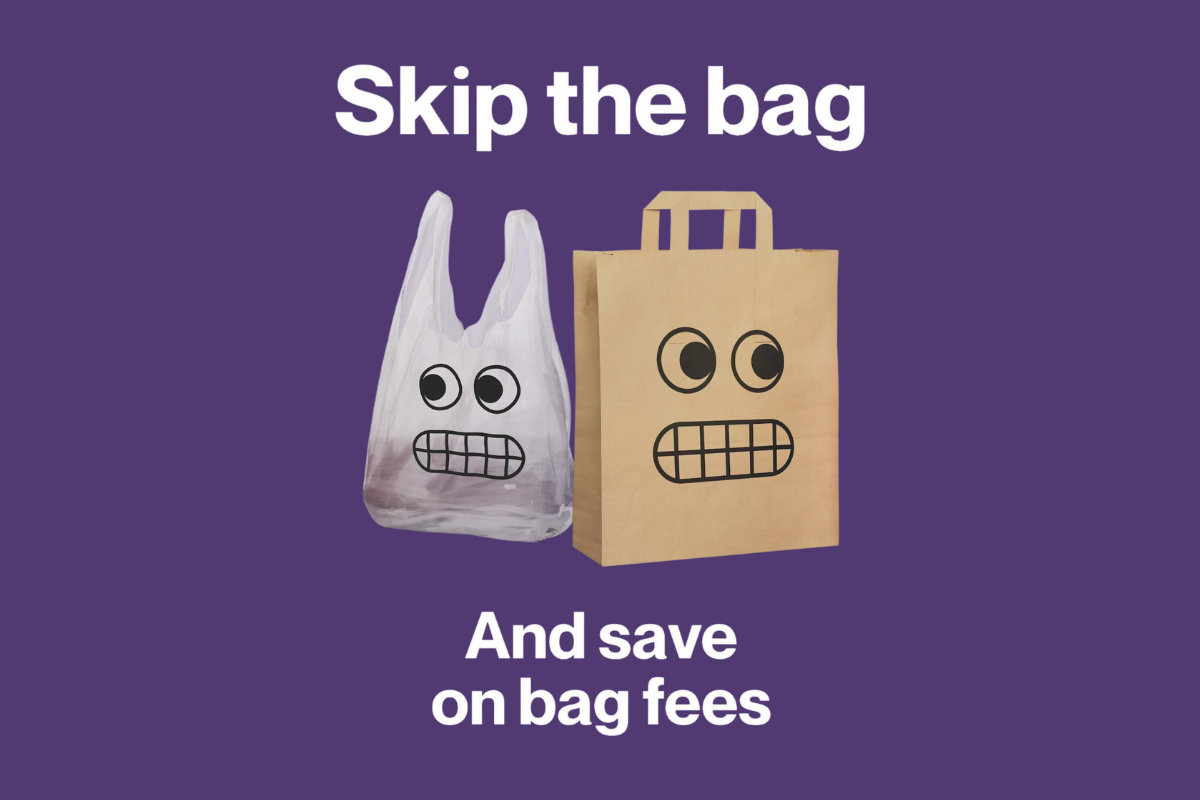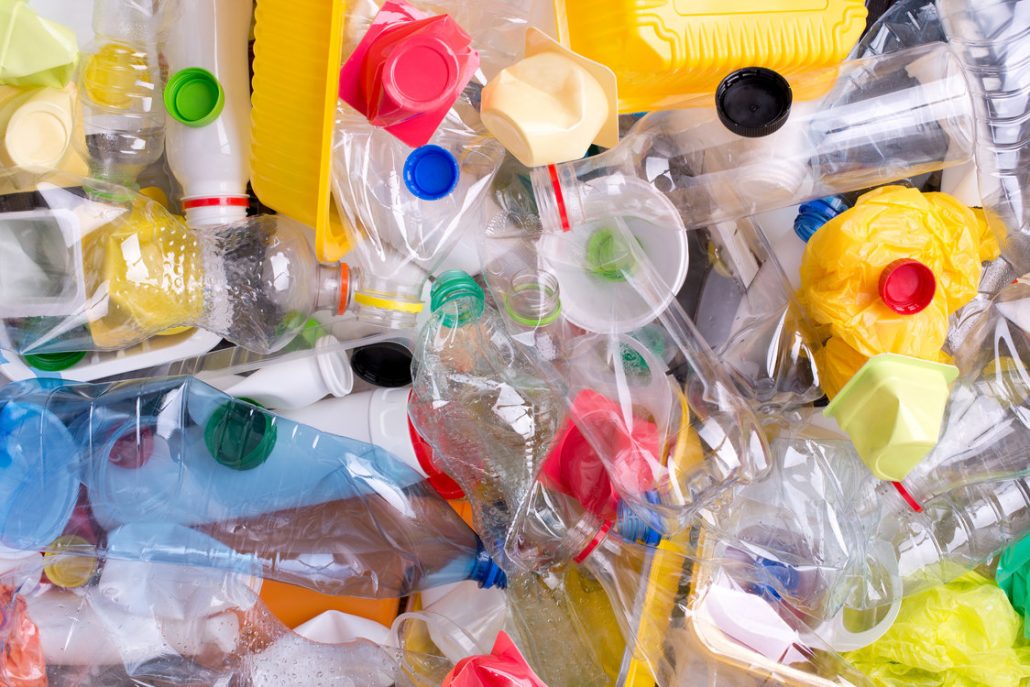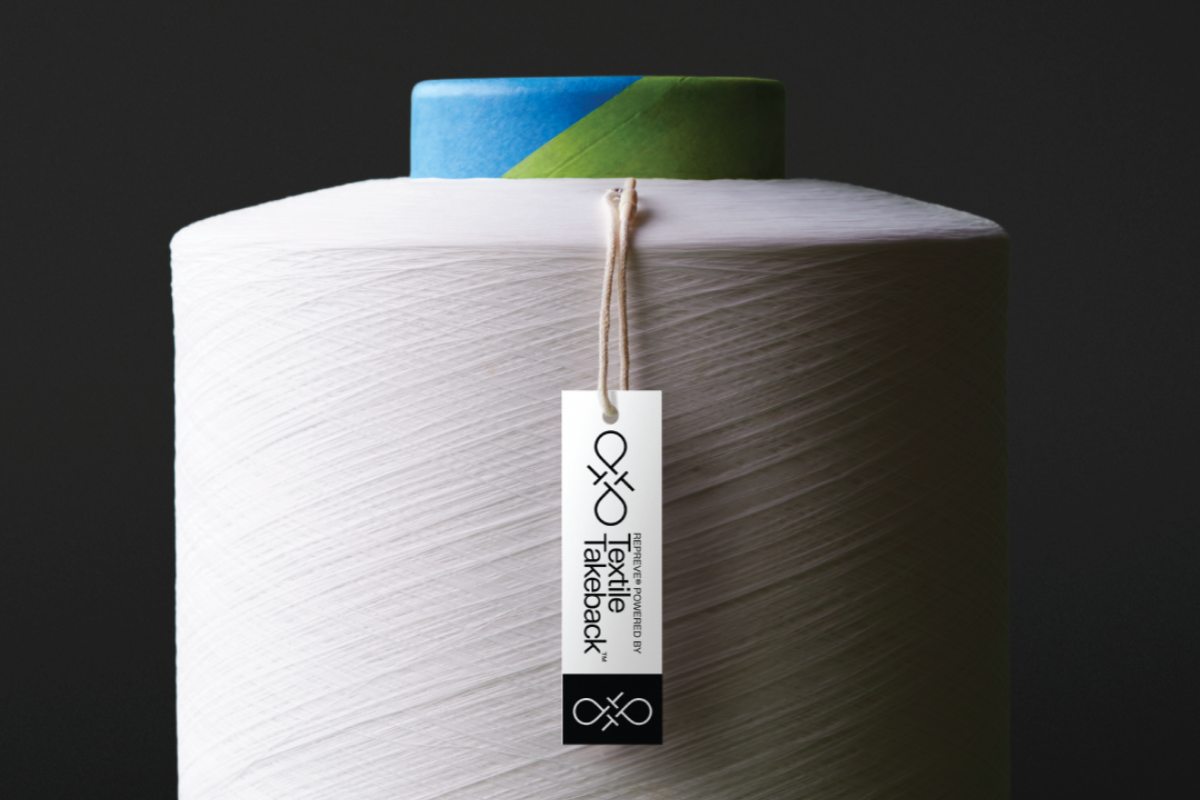Campbell’s Soup Company, which uses a variety of plastic packaging in addition to its signature steel soup cans, says its PET containers will hit a 25% recycled-content level within a decade.
The Camden, N.J.-headquartered food producer pledged this month to increase its use of PCR and outlined recyclability goals.
Specifically, the company wants to incorporate 25% recycled plastic in its PET bottles by 2030. The company also said it will transition to 100% recyclable or industrially compostable packaging by 2030.
Campbell’s owns numerous food and snack brands, including Campbell’s soup, V8, Kettle Brand, Goldfish, Milano, Pepperidge Farms, Prego and more.
Beyond design for recyclability and PCR inclusion, Cambell’s announced it will include the How2Recycle label on 100% of its packaging within the next two years. Currently, the label appears on the company’s Campbell’s, Goldfish, Prego, SpaghettiOs, Swanson, V8 and Well Yes brand packaging.
The company also pledged to “expand access to recycling and advance the development of infrastructure to improve the collection and recycling of packaging by building and investing in partnerships with peers and industry groups.”
Although the pledges are new, the company has worked on recycling-related projects in recent years. For example, in the V8 brand, which distributes juices in plastic bottles, Campbell’s changed some of the bottles to use wrap labels instead of a shrink sleeve design. The company noted that the “seemingly simple change allows the bottles to be easily sorted and recycled in municipal recycling processes.”
Campbell’s also last year redesigned its Kettle Brand potato chip bag packaging. The changes resulted in a 43% reduction in plastic use and are preventing 2 million pounds of plastic from going into landfills each year, the company reported.
The company also recently released its 2020 corporate sustainability report. Although the report doesn’t indicate how much PCR Campbell’s currently uses in its products, it includes information on the company’s diversion within its manufacturing operations.
Campbell’s generated 173,340 metric tons of waste during the 2019 fiscal year, according to the report. Of that amount, 30,530 metric tons were recycled.












